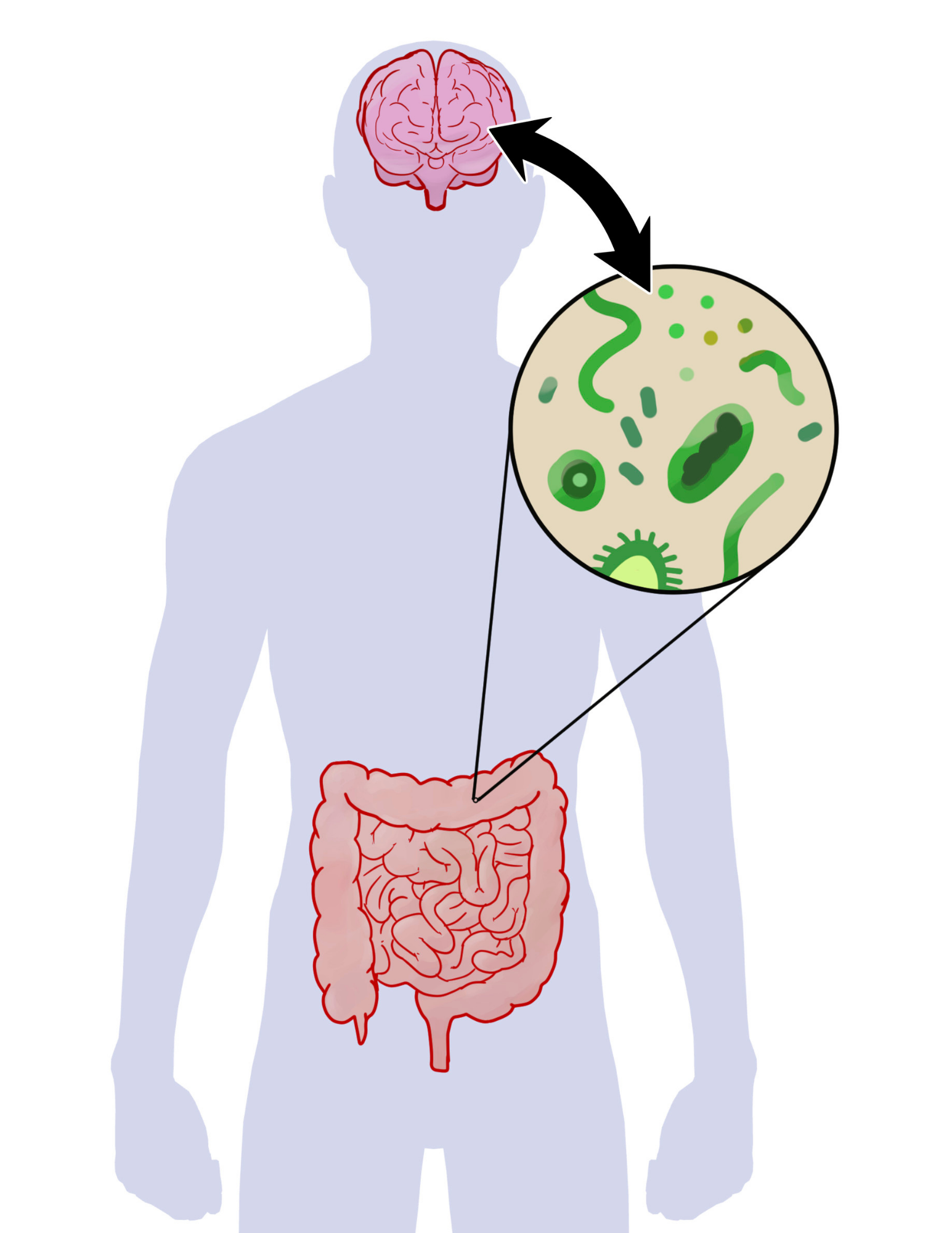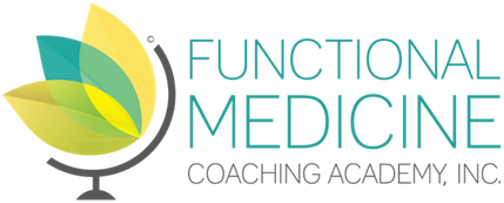May is Mental Health Awareness Month
Dr. Scott Greenapple May has been deemed Mental Health Awareness Month. In this article, I will combine some thoughts and theories and offer “tools” to help people become aware and educated. I will also offer some guidance for you or anyone you may know who suffers from this disease. Mental health issues are on the rise at alarming rates. Many theories are being studied and observed as to the reasons. Some of the most obvious stem from political unrest in this country and the world; the constant reality of war, poverty, climate change, financial struggle, and the barrage of news from social media are certainly at the top of reasonings. And, of course, the more personal ones such as family dynamics-dysfunction, trauma, genetics, chronic disease, pain, inter and...










